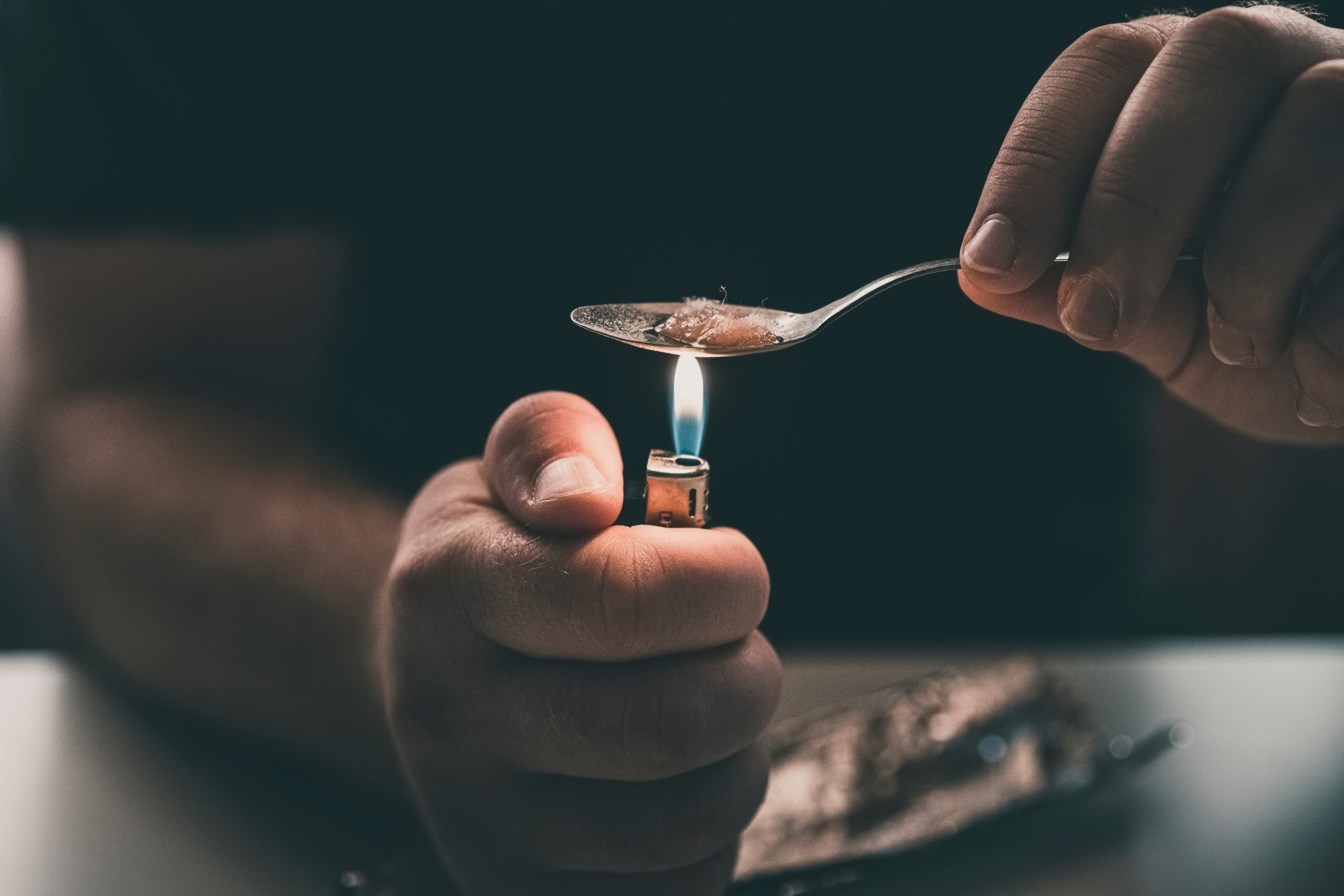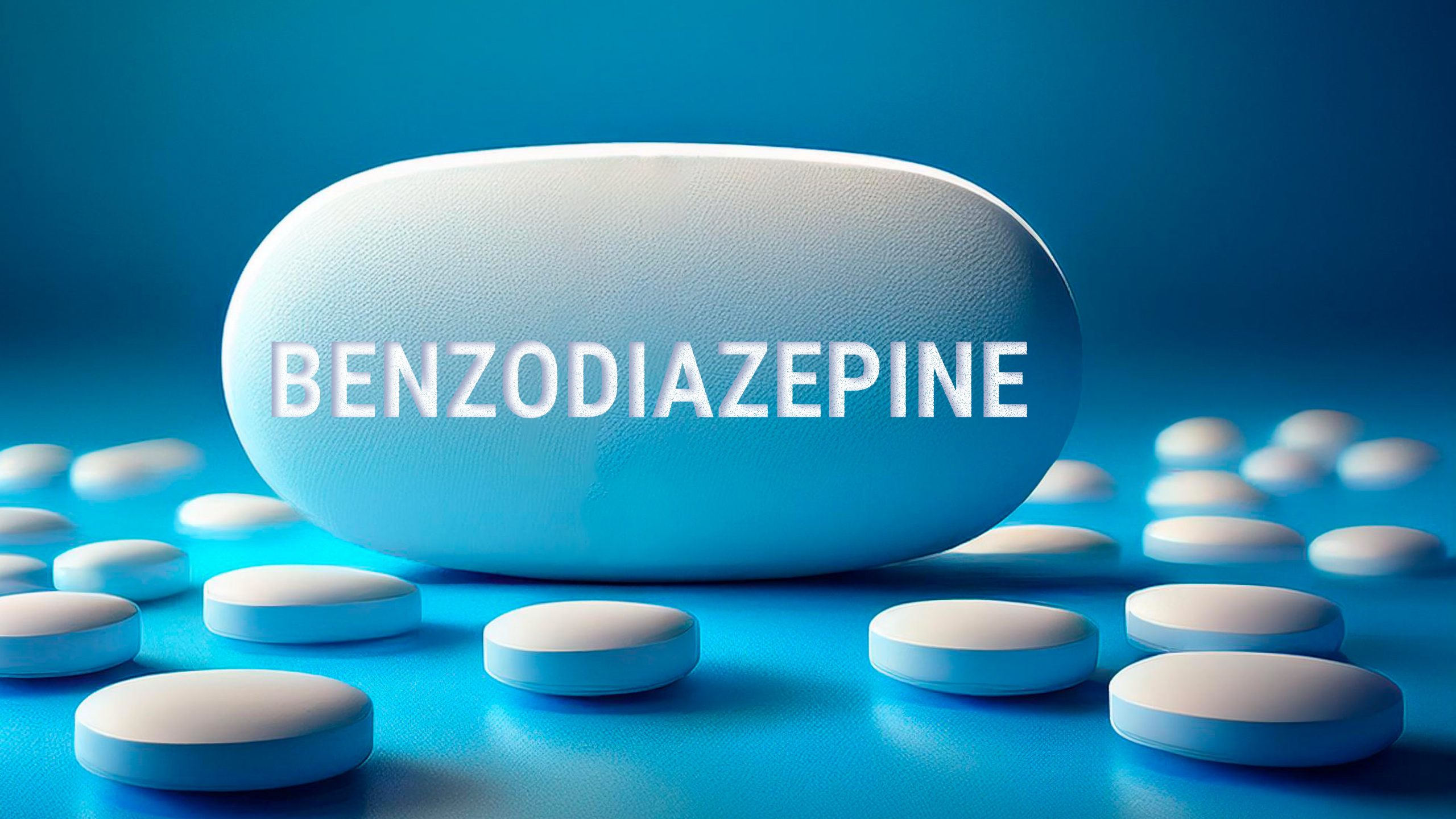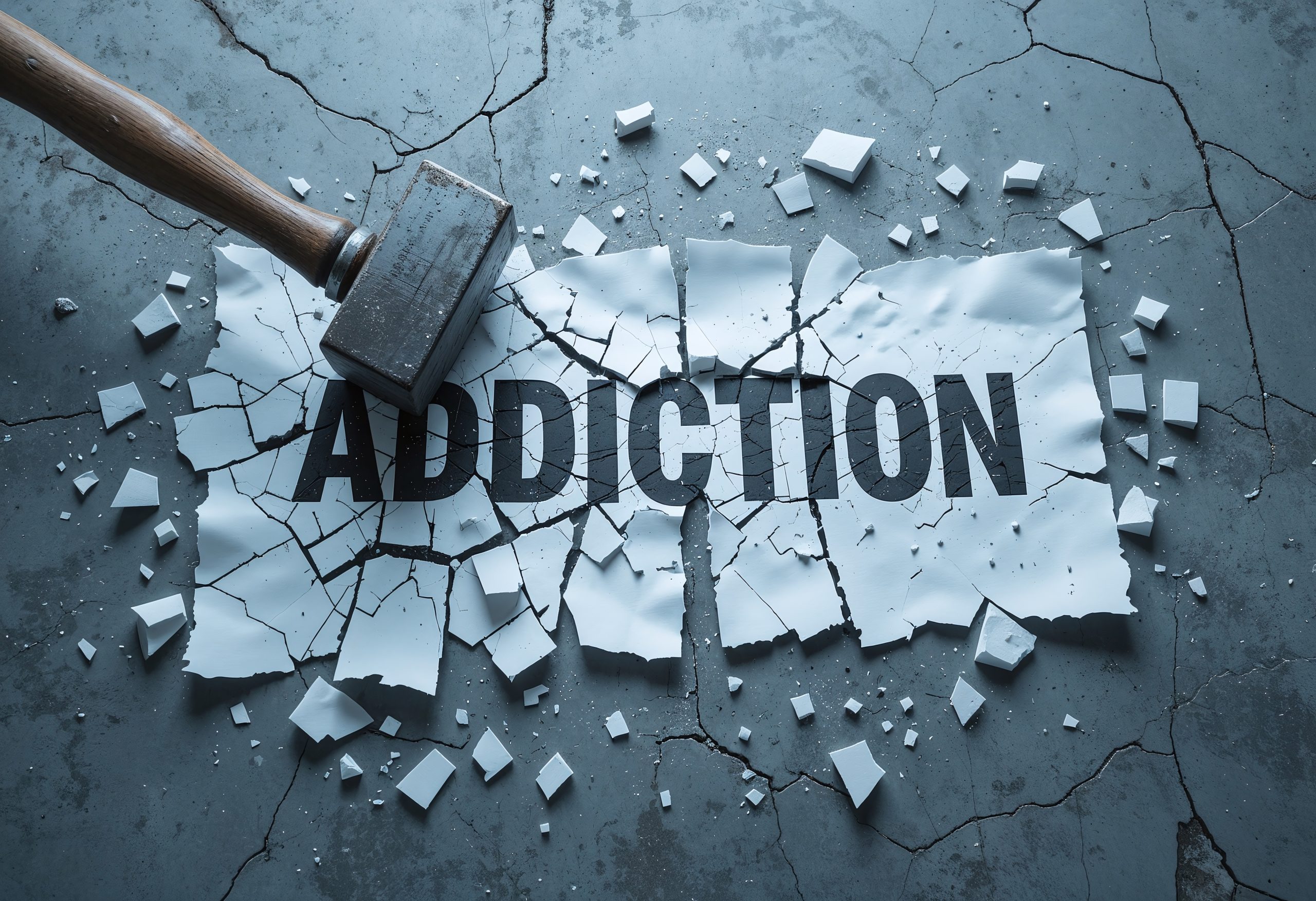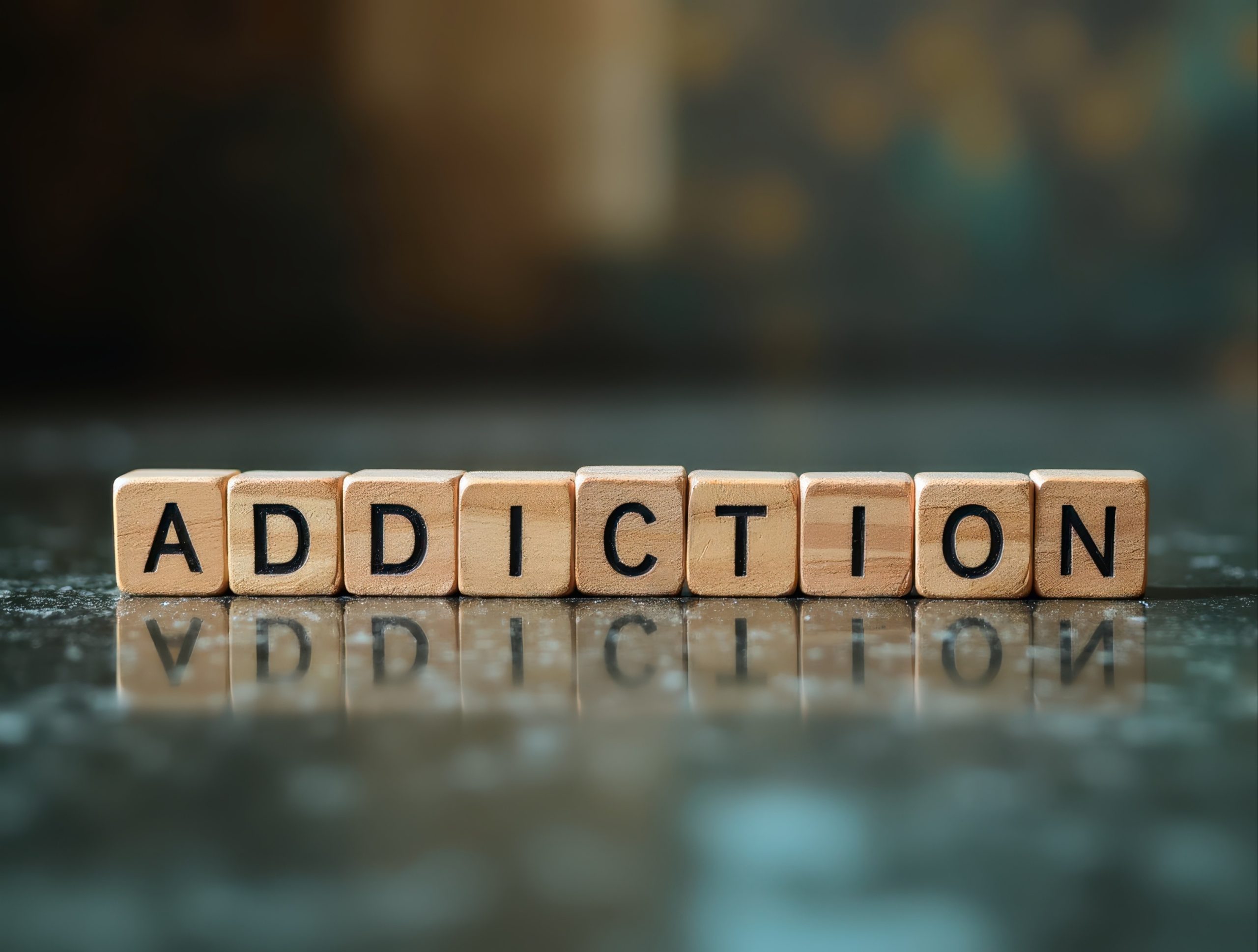What’s the Most Effective Treatment for Methamphetamine Use Disorder?
Table of Content
In January 2021, behavioral scientists from the United States National Institute on Drug Abuse (NIDA) published their findings from a clinical research study involving 403 patients trying to recover from severe methamphetamine use disorder (MUD). The study unfolded over two years, and it featured two prescription medications: bupropion in oral form and injectable naltrexone. All patients received contingency management and cognitive behavioral therapy, the two most widely used treatment methods at the time. According to NIDA Director Nora Volkow, the positive findings of the study should guide the Food and Drug Administration to approve both medications for severe MUD treatment. However, this was still under consideration as of May 2025.
Understanding MUD Recovery
For almost two decades, Dr. Volkow has been warning about a looming MUD epidemic in the U.S. While the opioid crisis has claimed more lives, Dr. Volkow is concerned about the rise in fatal overdoses from the current batches of street meth, which are often formulated for maximum potency and adulterated with opiates such as street fentanyl, which adds to the risk of neurochemical dependence, which may require the help of an interventionist. Carlsbad addicts should understand that the higher potency often results in stronger psychological effects that contribute to a complex reinforcement loop. The current models of MUD recovery focus on the habituation of stimulant abuse instead of physical addiction. However, today’s street meth is changing this perspective.
Established MUD Treatments
Getting hooked on stimulants is a process of behavioral adaptation through euphoric floods of dopamine. Cognitive behavioral therapy (CBT) is a well-established approach for undoing these behaviors. When MUD patients suffer from post-comedown psychosis, they’re referred to detoxification before they go through contingency management (CM), a treatment that combines rehabilitation with tangible incentives for recovery milestones. Beyond CBT, the Matrix Model of recovery includes strategies like social support, motivational counseling, and practical relapse prevention.
Ongoing Research for Pharmacological Treatment of Severe MUD
The NIDA research study mentioned above shows strong promise of becoming a pharmaceutical standard for MUD recovery, particularly for patients with severe conditions. Bupropion is a safe antidepressant often prescribed to alcoholics and opioid addicts. Naltrexone is an opioid antagonist that can improve recovery outcomes, particularly among patients who abused the current batches of street meth. As mentioned before, these medications will likely be streamlined for FDA approval. Psilocybin is an intriguing substance that can help some patients overcome MUD when administered in a controlled setting and combined with talk therapy.
Long-Term Recovery through Lifestyle Management
The powerful effects of street meth trigger intense feelings of euphoria and excitement that reinforce substance-seeking behavior without binding to neuroreceptors. The psychological cravings created by this process are formidable, and they often create an anhedonia loop that can trigger lapsing and relapsing. Binging meth before recovery can result in long-term cognitive impairments that can be effectively treated with extended CBT. For these reasons, many MUD patients retain sober lifestyle coaches for long-term CBT. Meth and other powerful stimulants can cause prolonged mental health scenarios that make recovery more challenging. Sobriety coaching is recommended as a lifestyle management strategy for MUD patients who feel they need more support for accountability and long-term recovery.
For strength-based support with addiction recovery in Carlsbad, CA, reach out to the trained recovery coaches at Sober Lifestyle Coaching. We know precisely what it takes to get sober, stay sober, and live the healthy lifestyle you deserve. We specialize in working with clients with active addictions as well as clients already in recovery. Our sober coaches help clients work through potentially challenging events such as going to work and attending family gatherings while providing encouragement, accountability, insight, and understanding through our own recovery experiences. To learn more about how a sober lifestyle coach can help you or someone you love, call us today.









